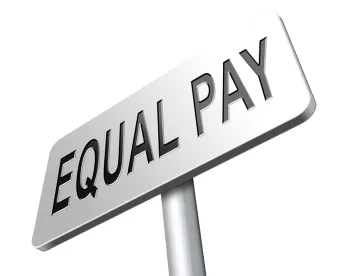Massachusetts recently joined a growing list of states amending their equal pay legislation. On July 1, 2018, the Act to Establish Pay Equity, originally passed in 2016, took effect, amending Massachusetts’ existing Equal Pay Act.
The law bans pay differentials on the basis of sex where two people perform comparable work, adopting the more liberal “equal pay for comparable work” standard, as opposed to the federal law’s “equal pay for equal work” standard. Comparable work is defined as work that requires substantially similar skill, effort, and responsibility that is performed under similar working conditions. Like other equal pay laws, employers can plead certain affirmative defenses in response to an employee’s claim of pay discrimination, if the employer can show the pay differential is due to:
- A seniority system;
- A merit system;
- A system that measures earnings based on quantity or quality of production, sales, or revenue;
- Education, training or experience that is reasonably related to the particular job in question and consistent with business necessity;
- Geographic location where the job is performed; and
- Travel, if travel is a regular and necessary condition of a particular job.
The law also touches on the recent trend of banning employer inquiries into an applicant’s salary history. Specifically, the law prohibits employers from requesting an applicant to disclose prior wages, screening job applicants based on wages, and seeking the salary history of a prospective employee from a current or former employer absent written consent and a pending offer of employment that includes proposed compensation. These prohibitions are similar to recent legislation enacted in California, Delaware, Oregon, New York City, and Philadelphia.
Additional protections for employees include an anti-retaliation provision and a provision making it illegal for employers to ban employees from discussing or inquiring about his or her own wages or the wages of another employee. The law creates an exception for human resources or other employees “whose job responsibilities require or allow access to other employees’ compensation information,” allowing employers to prohibit those employees from disclosing wage information without prior written consent, unless the information is a public record. Employers should continue to watch the growing trend of equal pay legislation around the country and ensure policies and practices are updated as appropriate.





 />i
/>i
